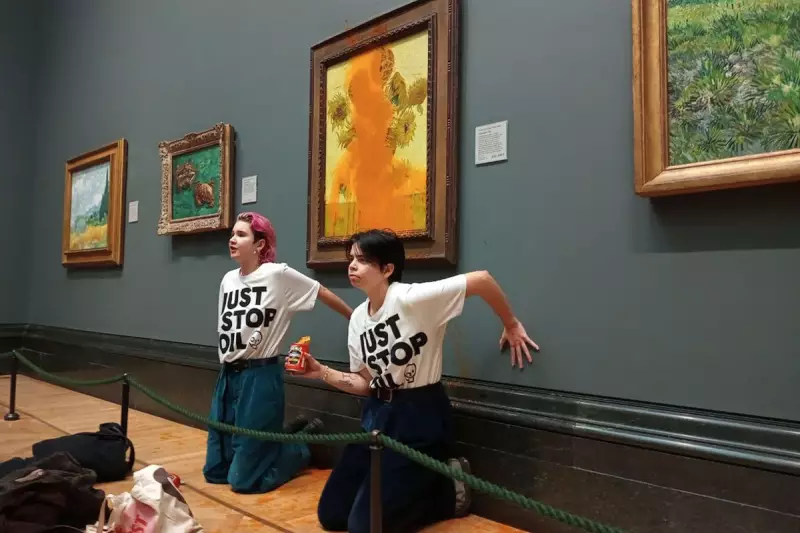
In recent years, the UK's cultural and political landscape has been punctuated by a series of increasingly audacious activist stunts. From hurling soup at protected Van Gogh masterpieces to halting the flow of traffic on the M25, groups like Just Stop Oil and Extinction Rebellion have mastered the art of grabbing headlines. But a crucial question remains: are these tactics actually working?
The Theatre of Disruption
The modern playbook for climate activism appears to prioritise spectacle above all else. The formula is well-established: identify a high-profile target, execute a visually disruptive action, and capture the ensuing media frenzy. The immediate goal is undeniable – these stunts generate immense short-term news coverage.
However, this strategy suffers from a critical flaw. The conversation swiftly shifts from the urgent message about the climate crisis to a debate about the methods themselves. Public discourse becomes mired in arguments over soup, glue, and traffic cones, effectively sidelining the critical issues of fossil fuel dependence and corporate accountability.
A Public Backlash
Evidence suggests these tactics are provoking a significant public backlash. Rather than building a broad coalition of support, they often alienate the very people needed to enact change – ordinary citizens. Commuters stranded for hours or art lovers dismayed by attacks on cultural heritage are unlikely to be converted to the cause by the experience.
This alienation presents a gift to political opponents and fossil fuel interests. It allows them to frame climate campaigners as "out-of-touch extremists" rather than engaged citizens sounding a legitimate alarm. The narrative is deftly flipped from one of environmental responsibility to one of public nuisance.
The Corporate Shield
Perhaps the most damaging unintended consequence is how these stunts let major polluters off the hook. When activists superglue themselves to a Picasso, the focus is on the act of gluing, not on the decades of misinformation and lobbying by oil giants like Shell.
This dynamic creates a perverse outcome: the companies most responsible for the climate crisis can position themselves as reasonable actors merely trying to keep the economy running, while activists are portrayed as chaotic radicals. The harder activists push with disruptive tactics, the more they drive moderate opinion towards the status quo.
Reclaiming the Narrative
The path to effective change may lie in a strategic pivot. Historical evidence from successful movements suggests that winning public support is paramount. This requires building diverse alliances and presenting a positive vision of the future that inspires rather than alienates.
- Focus on the architects of the crisis, not their consumers
- Build broad coalitions across society instead of creating divisions
- Articulate a compelling vision of a sustainable future that appeals to common values
True power for change comes not from stopping traffic, but from stopping the machinery of pollution at its source—through political pressure, legal challenges, and economic strategies that directly target fossil fuel interests. The greatest victory for activism would be to make the need for dramatic stunts obsolete by winning the battle for public opinion and policy change.





